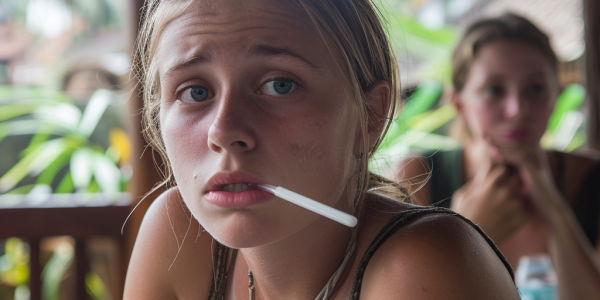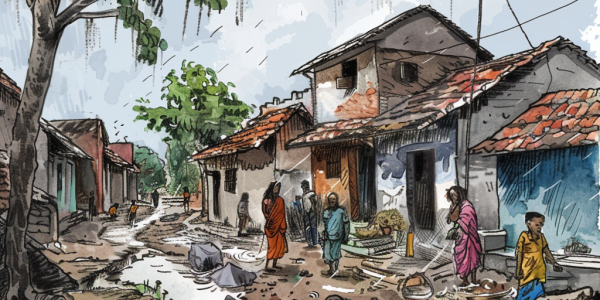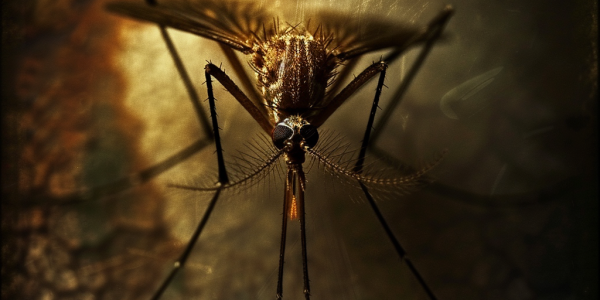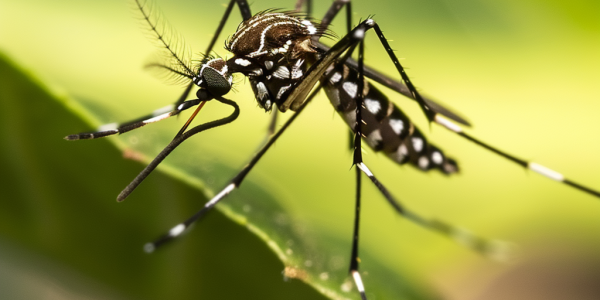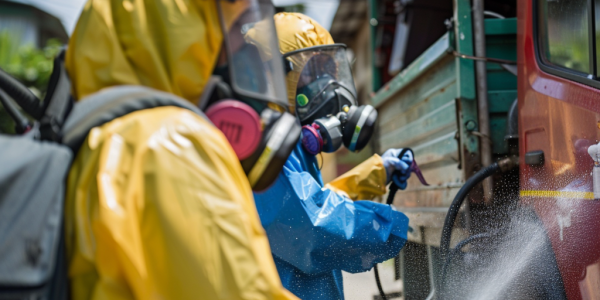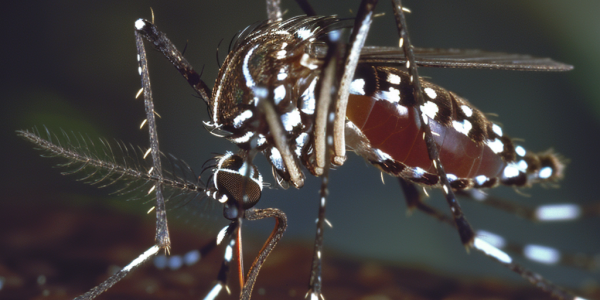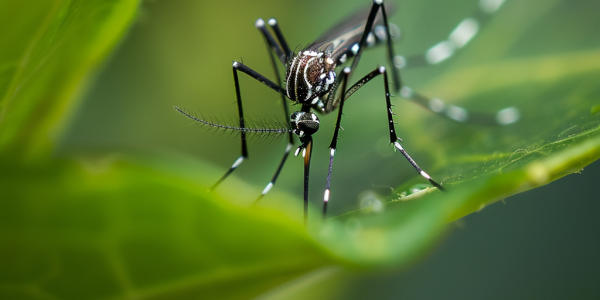Monsoon Season in India Brings Health Risks
As the monsoon season approaches in India, the focus shifts not only to agricultural concerns but also to the potential health risks posed by vector-borne diseases like dengue, malaria, and chikungunya. Understanding the severity of these monsoon-related illnesses underscores the importance of having health insurance for financial protection and peace of mind. Health insurance plans play a crucial role in managing medical expenses and ensuring access to necessary care without financial strain.
Staying Safe and Healthy at Paris 2024 Event
Stay informed and prepared for the upcoming Paris 2024 event by taking precautions against extreme weather conditions and mosquito-borne diseases. Learn how to stay hydrated, protect yourself from harmful UV rays, and access on-site medical assistance. Find out when wearing a mask is recommended and prioritize your health and well-being during the event.
Young Student’s Bali Holiday Turns Terrifying with Dengue Fever
Learn about a young student’s terrifying experience with dengue fever while on holiday in Bali, Indonesia. Despite initially dismissing her symptoms as a hangover, Cara Pyperwent experienced high temperature, headaches, muscle pain, and extreme fatigue. This serves as a reminder of the importance of recognizing mosquito-borne diseases like dengue fever, even in low-risk locations, and the need for prompt medical attention.
Climate Change Extends Dengue Threat in South Asia
Rising temperatures and longer monsoons in South Asia have transformed dengue fever into a year-round threat, breaking the traditional seasonal pattern. Experts warn of unprecedented outbreaks and rising death tolls, emphasizing the evolving danger posed by dengue. Climate change has created ideal conditions for Aedes mosquitoes to thrive, spreading the virus beyond the monsoon season. Effective strategies and proactive measures are crucial in combating this continuous health threat in the region.
Bavarian Nordic Submits Chikungunya Vaccine for Approval in Europe
Bavarian Nordic has submitted its chikungunya vaccine for approval in Europe, following a similar application in the US. This strategic move aims to combat the spread of the mosquito-borne viral disease and improve global health initiatives. Stay tuned for updates on the potential approval in the first half of 2025.
Rising Heat Fuels Spread of Mosquito-Borne Diseases in Europe
Rising heat in Europe is leading to a surge in mosquito-borne diseases, with a significant increase in locally acquired cases of dengue reported in the EU/EEA. Imported cases of dengue have also seen a sharp rise, marking the highest reported numbers since surveillance began in 2008. Early reports from 2024 suggest a potential increase in overall cases for the year. ECDC director Andrea Ammon attributes the spread of diseases like dengue to climate change, emphasizing the need for protective measures, vector control, and awareness campaigns in high-risk areas within Europe.
Trinidad and Tobago Reports First Dengue Fatality Since 2017
Health Minister Terrence Deyalsingh announces the first dengue fever fatality in Trinidad since 2017, with 126 confirmed cases this year. Globally, there have been 7.6 million cases and 3,000 deaths reported by the WHO. The Ministry of Health in Trinidad intensifies efforts to combat dengue transmission, including stricter actions against those neglecting preventive measures and utilizing ULV spraying to eliminate infected mosquitoes.
Rising Dengue Fever Outbreaks in South America Linked to Climate Change
Recent outbreaks of dengue fever in South America have raised concerns about the impact of warming climates on the spread of mosquito-borne diseases. Aedes mosquitoes pose a significant threat to over 3.9 billion people worldwide, with a 54% increase in dengue transmission potential highlighted in a recent report. Rising temperatures and humidity levels may lead to dengue becoming a year-round concern in South America, exacerbated by urbanization and population movements.
Paris Olympics Could Be Dengue Super-Spread Event
UK public health experts warn that the Paris Olympics could become a Dengue super-spread event, as virus-carrying mosquitos are ‘perfectly adapted’ to the urban environment. With a spike in dengue cases in Europe and over 15 million visitors expected in Paris for the Games, there are fears infections could spread rapidly. Experts highlight the risk of dengue being picked up in Paris and triggering outbreaks elsewhere as people return home carrying the virus.
Rise of Invasive Mosquito Species Linked to Dengue Fever Cases in Europe
The rise in dengue fever cases in Europe is linked to the presence of the invasive tiger mosquito, facilitated by climate change. Authorities warn of the risk of outbreaks and advise preventive measures like eliminating stagnant water and using mosquito repellent. With the spread of diseases like dengue fever and West Nile virus, it is crucial for individuals to protect against mosquito bites in affected regions.



